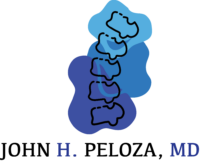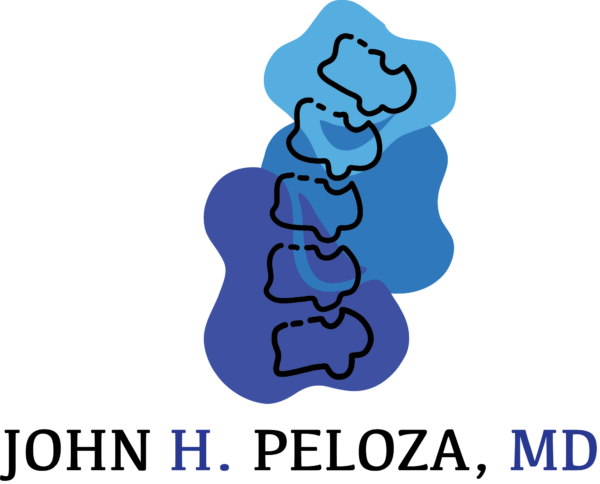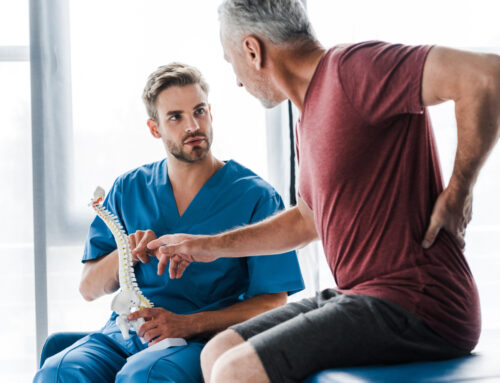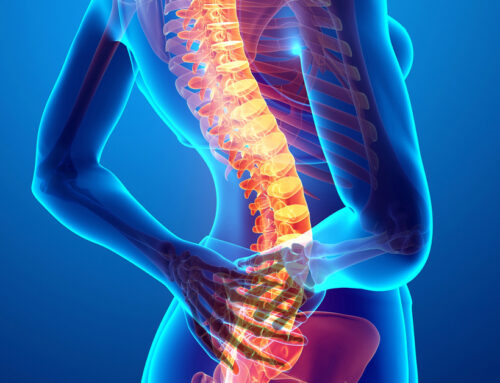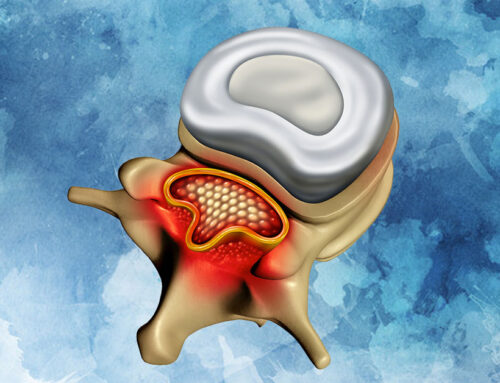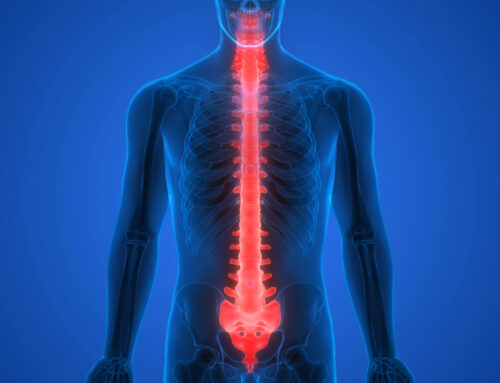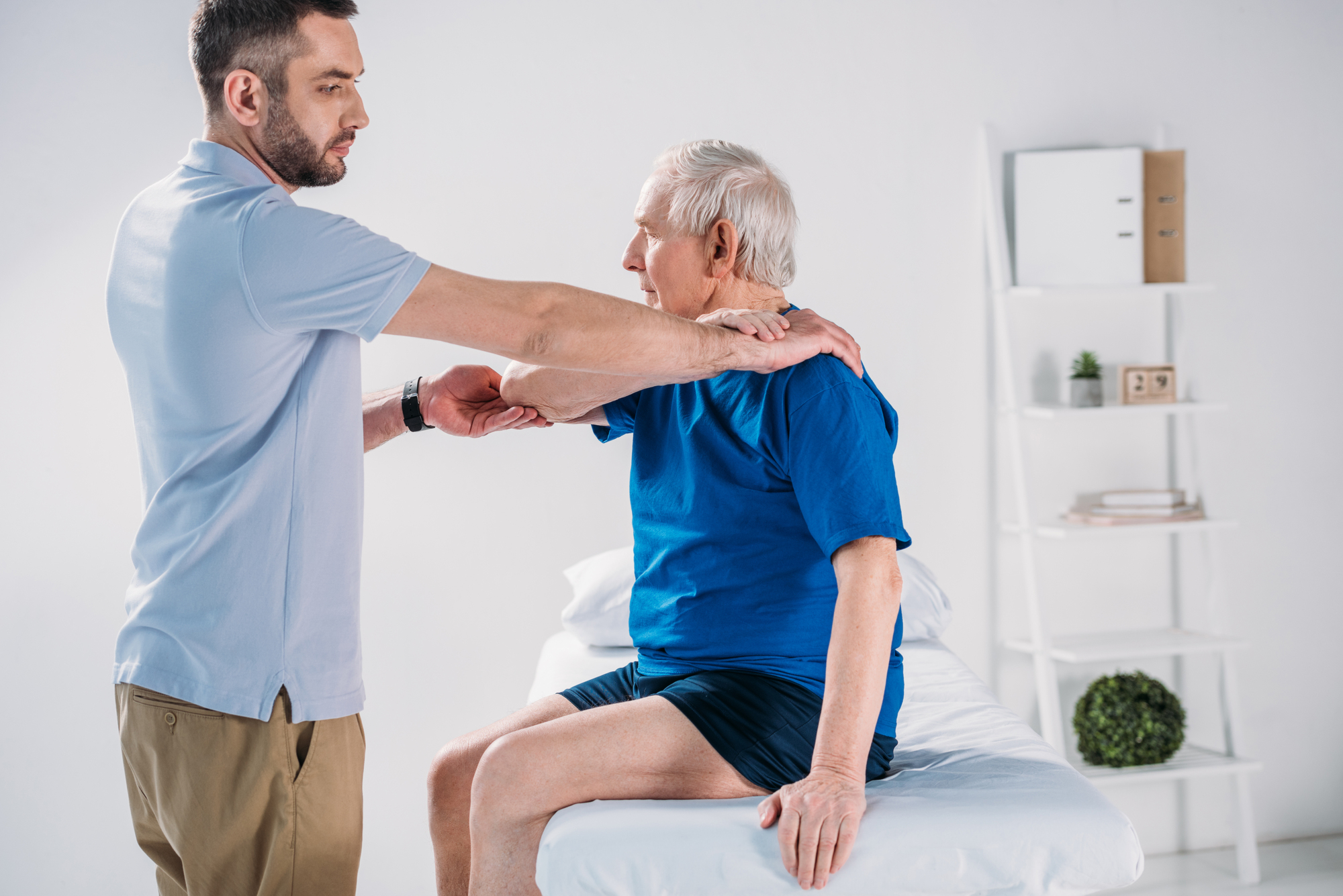
What Can You Not Do After Artificial Disc Replacement?
Undergoing artificial disc replacement (ADR) surgery can bring significant relief from chronic back pain and improve your quality of life. However, the recovery process is crucial to ensure the success of the surgery and to prevent complications. Knowing what activities and habits to avoid after ADR can help you achieve the best possible outcomes. Here’s a comprehensive guide on what you should not do after artificial disc replacement surgery.
Avoid Heavy Lifting
Why?
Lifting heavy objects can place undue stress on your spine and the newly implanted disc, potentially causing displacement or damage.
Recommendations:
- Avoid lifting anything heavier than 10 pounds for at least the first few months post-surgery.
- When lifting, use proper techniques such as bending your knees and keeping the object close to your body.
Refrain from High-Impact Activities
Why?
High-impact activities can jar your spine and negatively affect the healing process.
Recommendations:
- Avoid running, jumping, and contact sports until your surgeon gives you clearance.
- Engage in low-impact exercises like walking, swimming, and cycling as recommended by your physical therapist.
No Twisting or Bending Movements
Why?
Twisting or bending your spine can strain the surgical site and the artificial disc, impeding healing and increasing the risk of complications.
Recommendations:
- Avoid activities that require significant twisting or bending, such as certain yoga poses or gardening.
- When turning, pivot your whole body rather than twisting your spine.
Don’t Skip Physical Therapy
Why?
Physical therapy is essential for regaining strength, flexibility, and mobility. Skipping sessions can slow down your recovery and lead to suboptimal results.
Recommendations:
- Follow the prescribed physical therapy regimen diligently.
- Perform all recommended exercises at home as instructed by your physical therapist.
Avoid Prolonged Sitting
Why?
Sitting for long periods can place pressure on your spine, which can be detrimental to your recovery.
Recommendations:
- Take breaks to stand, stretch, and walk around every 30 minutes.
- Use a supportive chair with proper ergonomics to maintain good posture.
Don’t Ignore Pain or Discomfort
Why?
Pain or discomfort can be a sign of complications. Ignoring these symptoms can lead to more severe issues.
Recommendations:
- Pay attention to your body and report any unusual or severe pain to your healthcare provider immediately.
- Follow your surgeon’s guidelines on pain management and medication use.
Avoid Smoking and Nicotine Products
Why?
Nicotine can impede the healing process by reducing blood flow and affecting bone health.
Recommendations:
- Quit smoking and avoid all nicotine products before and after surgery.
- Seek support from your healthcare provider for smoking cessation programs if needed.
Don’t Resume Driving Too Soon
Why?
Driving too soon after surgery can strain your back, and reaction times may be slower due to pain or medication.
Recommendations:
- Avoid driving until your surgeon gives you the green light, usually a few weeks post-surgery.
- When you do resume driving, start with short trips and use supportive seating.
Refrain from Sexual Activity Initially
Why?
Engaging in sexual activity too soon can place stress on your spine and the surgical site.
Recommendations:
- Follow your surgeon’s advice on when it is safe to resume sexual activity, typically a few weeks after surgery.
- Use positions that minimize strain on your back.
Avoid Poor Posture
Why?
Poor posture can place additional stress on your spine, affecting the healing process.
Recommendations:
- Practice good posture while sitting, standing, and walking.
- Use ergonomic furniture and supports as needed to maintain proper alignment.
Adhering to post-operative guidelines is crucial for a successful recovery after artificial disc replacement surgery. Avoiding heavy lifting, high-impact activities, twisting or bending movements, and prolonged sitting can help protect your spine and the artificial disc. Additionally, attending physical therapy, quitting smoking, and paying attention to pain levels are vital steps in your recovery journey.
Always follow your surgeon’s specific recommendations and communicate openly about any concerns or issues you experience. By taking these precautions and being mindful of your activities, you can promote healing, prevent complications, and enjoy the benefits of a pain-free, active life.
